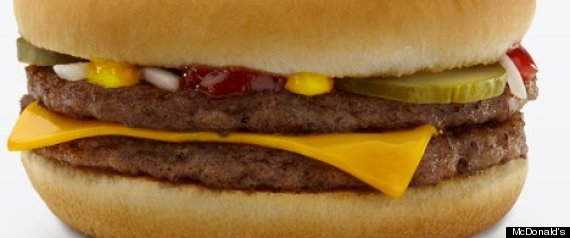Can We Pay a Minimum Wage That Makes Everyone Rich? $MCD $WEN
Last week, fast-food workers staged a one-day strike in 60 U.S. cities to demand a minimum wage of $15 an hour, more than double the current federal minimum of $7.25. The nationwide effort, “Fight for 15,” was organized by the Service Employees International Union.
I feel bad for those who are relegated to a minimum-wage job. I feel worse for those who want a minimum-wage job as a steppingstone to something better and would be denied that opportunity by the imposition of a higher wage floor. A higher wage is great for the workers who keep their jobs; it isn’t so great for those who wouldn’t get hired because McDonald’s Corp. (MCD) starts asking its existing workforce to do a bit more. With a higher minimum wage, the cost of automating certain tasks suddenly becomes more affordable.
...
Fast-food restaurants spend about a third of their revenue on labor. By some estimates, doubling the minimum wage to $15 would raise the price of a Big Mac by $1.28 to $5.27. All things being equal, that would tend to reduce sales and eat up more of McDonald’s customers’ discretionary income.
The road to a higher-paying job goes through education, training for the jobs of tomorrow, and incentives such as the earned income tax credit, not through the imposition of a floor on wages.
“McDonald’s is pretty good at making burgers and fries, but there is no reason to assume the company is equally adept at running a welfare program,” Allen R. Sanderson, a senior lecturer in economics at the University of Chicago, writes in the Chicago Tribune.
So the next time someone tells you that the U.S. needs to raise the minimum wage to $15 an hour, ask him what’s so special about $15. Why not raise it to $50, or $100, and make everyone rich?

No comments:
Post a Comment